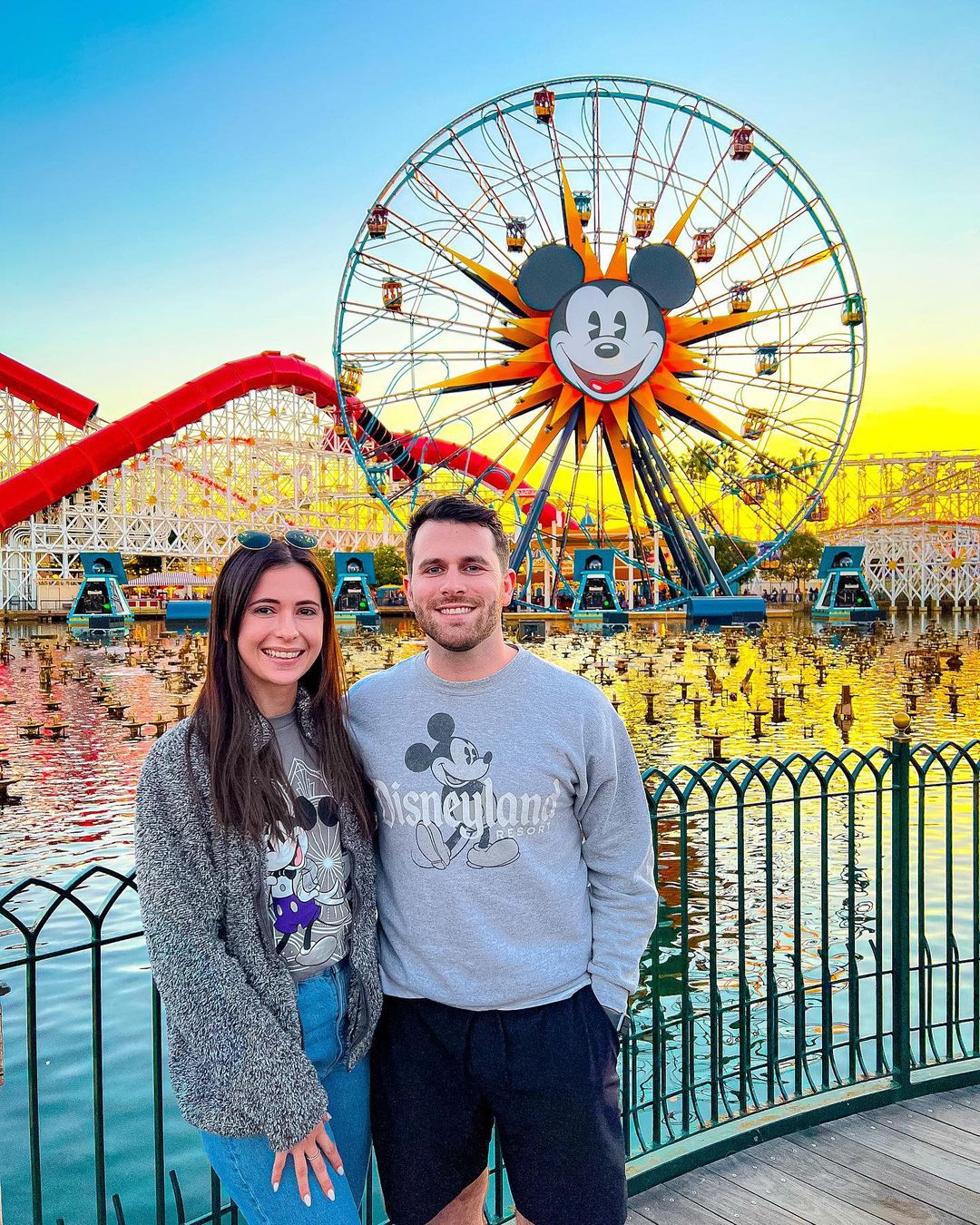Scrum is a method for product development that outlines the duties and functions of teams. Scrum is rapidly overtaking other framework options as the framework of choice for teams interested in embracing an agile philosophy. Product Owners play a crucial role in an Agile team since they guarantee that the product is properly planned, developed in accordance with client needs, extensively tested, and delivered on schedule. The PO needs abilities, including facilitation, conflict management, innovative thinking, and the capacity to persuade the team and other stakeholders since they must solicit feedback from other corporate stakeholders. If you are interested in playing such a position, you are qualified to become a Certified Scrum Product Owner (CSPO®).
Although Product Owner is sometimes seen as the most challenging job in Scrum, Scrum Framework is becoming more and more well-known, and this popularity is causing a great demand for Certified Scrum Product Owner training. Let’s explore various aspects of CSPO® and how to become one in this post.
What is a Certified Scrum Product Owner (CSPO®)?
You’ll be equipped to fill the position of Product Owner in a Scrum team if you’re a CSPO®. A Scrum Product Owner is in charge of increasing the value of the final product that the Development Team produces. The Product Owner, a crucial stakeholder, is in charge of making sure that each product feature delivers the most value in the shortest amount of time. However, the method by which the Product Owner completes this might vary greatly based on a number of variables, including the team, the business stakeholders, and the organization’s development procedures.
The usual responsibilities of a Product Owner are as follows:
- Establishing and carrying out the product vision.
- Keeping track of the product backlog and ensuring that it is accessible, transparent, and understandable. All team members must be aware of the priorities and be working toward the same objective, according to the PO.
- Creating or contributing to the creation of product features. These functions are really product needs, which are typically expressed as user stories.
- Directing the team to complete the greatest tasks and goals in a suitable amount of time.
- Increasing the worth of the job completed and using reason while making judgments.
- As modifications are found, the user stories are written and reprioritized.
- Managing the finances for the team and actively participating in meetings.
- Reviewing, evaluating, and approving the final output.
Many companies hire business analysts to fill the function of a product owner since some of the duties and skills required for that position are similar to those of business analysis. The product owner needs abilities like facilitation, conflict management, innovative thinking, and the capacity to persuade the team and other stakeholders in order to carry out all of these duties. The position of product owner is both crucial and difficult from a commercial perspective.
Who can be a Product Owner?
Being a great Product Owner is not that simple; thus, it is crucial to comprehend the responsibilities of the position before acquiring it. Getting certified as a Certified Scrum Product Owner (CSPO®) and completing the program might be especially helpful for the following:
- Scrum team members like developers and product owners
- System Architects
- Business Analyst/Senior Business Analyst
- Team Leaders
- Quality Assurance professional
- Product Manager/Product Owner
- Software Developers and Coders
The ideal candidate to pursue a Certified Scrum Product Owner (CSPO®) certification is usually someone who is not only interested in the “business side” of projects.
What Are the Requirements to Become a CSPO®?
You must first educate yourself with Scrum in order to become a Certified Scrum Product Owner. To become a CSPO, there are no specific requirements. It is necessary for professionals who want to become Certified as Product Owners to attend a 2-day course led by a Certified Scrum Trainer (CST). Most sessions start with a brief quiz to ensure you are comfortable with the material.
The following steps must be followed in order to become a certified scrum product owner:
- Attend a 2-day seminar led by a Certified Scrum Trainer.
- Read through the CSPO® Learning Objectives as well as the Agile Manifesto and Scrum Guide.
- Complete your membership profile for the Scrum Alliance.
- There is no test to undertake to become a CSPO®. You will receive a link to obtain the CSPO® certificate through email from Scrum Alliance.
- By acquiring Scrum Education Units (SEUs) and paying $100 to renew this certification every 2 years, you may keep your CSPO® credential active.
- You will be required to accept the CSPO® License Agreement after successfully completing the course.
Why Get Certified as a Product Owner?
The need for product owners is growing rapidly as agile practices swiftly become the norm, and the scrum framework is the most extensively used Agile methodology globally. Fortune 500 organizations like Dell, SAP, Cisco, and HP are among those consistently employing CSPO® specialists as the need for CSPO® expertise rises. Let’s see some of the major reasons that will convince you to become a certified product owner:
It Develops Your Scrum Knowledge – You are already in a position to advance your understanding of the Scrum methodologies that are employed in the business to address common challenges by only enrolling in the CSPO® course. According to some reports, certified Scrum Product Owners are seen as being more informed and skilled than their non-certified counterparts.
It Demonstrates Your Knowledge – You will be regarded as a specialist in your profession after you earn your Certified Scrum Product Owner® certification. Your coworkers and clients will be able to see that you possess the skills and knowledge required to function as a Product Owner. This becomes a perfect chance to show off your fundamental understanding of Scrum and Agile processes, which you can later assess by using the information you gained from the course’s knowledgeable Scrum educators.
It Can Boost Your Career Within a Long-term Developing Industry – For many workers who genuinely value professional development and would like to reap the rewards of taking on a more senior job within an organization, this is a crucial consideration. Along with better professional chances, obtaining a Scrum certification boosts your pay by a respectable percentage.
Gain Skills & Confidence – The Scrum Product Owner has a lot of employment options in the present market. A candidate’s ability to be recruited by their organization is verified by their CSPO® certification, which serves as a badge of honor. The applicant also receives a larger income, bonuses, and all the advantages offered by a reputable organization to its employees as a result of an increase in demand.
Which Jobs Are Available in the Job Market for Certified Scrum Product Owners?
Project Manager – The project manager is responsible for overseeing every aspect of the job and is held to a strict code of conduct to ensure a seamless operation. Similar to a product owner, a project manager works closely with clients to function as a liaison between the team and them.
Product Manager – The Product Manager and Product Owner roles are similar, yet each one calls for a certain set of talents. Given that the Product Manager function focuses on just one product at a time, someone having an MBA is most suited for the position.
Business Analyst – Every organization needs a trustworthy person to collect and analyze the demands of the clients. The Product Owner might be a Business Analyst who assists the developers in comprehending consumer requirements and creating products that meet those objectives.
Chief Executive Officer (CEO) – A Senior Product Owner has the expertise and domain knowledge to lead a business as CEO. An expert in product creation and value maximization, a CEO will know it all.
Are you ready to become a Certified Scrum Product Owner?
Communication – A scrum product owner really must be able to communicate. If they can’t communicate well, the end result will be a flawed product. The Scrum Guides state that one of a product owner’s duties is to create and effectively communicate product backlog items and product goals. The requirement for communication grows enormously while working on a big project that involves several teams and departments.
An Analytical Mind – For increased productivity, this skill relates to the capacity for information gathering and analysis, logical problem-solving, and timely decision-making. If you are unable to regularly critically examine and solve complicated issues, you will never become a great PO.
Decision-Making Capacity – The product owner makes decisions. One of the core elements that must be included in a PO is the ability to make decisions. A product owner needs to be very skilled at making decisions and solving problems, and both of those should be grounded in analytical and critical thinking.
Get Certified with KnowledgeHut
KnowledgeHut is a prominent Registered Education Affiliate (REA) of the Scrum Alliance, providing information and expertise to businesses and professionals all around the world. To increase your professional options, you can enroll in KnowledgeHut Scrum Product Owner training. Go ahead and enlist with KnowledgeHut to give your career wings.
Conclusion
Getting certified as a Scrum Product Owner is a great opportunity to advance professionally, learn new skills, and improve your value to the team. It boosts the overall product quality and work ethics of the team as a whole, as well as giving access to more possibilities.
FAQs
1. Is a certified scrum Product Owner worth it?
Ans. The CSPO® certification further broadens the expert’s understanding of Scrum and provides real-world examples and hands-on experience in dealing with the Product Backlog, Developers, clients, or consumers. The CSPO® certification is thus worthwhile for anyone who wants to advance in this sector.
2. Is a product owner a promising career?
Ans. Product ownership is a rewarding profession. This is a key leadership job in the development process that collaborates with other top roles like product managers and chief technology officers.
3. What Are the Benefits of Becoming a Certified Scrum Product Owner®?
Ans. The benefits of CSPO® certification are as follows:
- Expands the range of your job prospects across all industrial sectors by using Agile techniques
- Learn about the purpose of the position and the Scrum framework
- Demonstrate and use fundamental Scrum knowledge
- Work with Scrum practitioners who are dedicated to the ongoing development
4. How can I become certified as a CSPO?
Ans. The certificate known as CSPO is participation-based. You will get a Certificate from the Scrum Alliance identifying you as a Certified Scrum Product Owner® upon successfully completing an in-person, two-day, or 16-hour CSPO® course instructed by a Certified Scrum Trainer. A two-year registration in Scrum Alliance is part of the certification.
5. Who provides the CSPO® certification?
Ans. The Scrum Alliance grants the title of Certified Scrum Product Owner (CSPO®). Your industry credibility and reputation are increased by earning the Scrum Alliance Product Owner accreditation. Additionally, it increases your earning potential by demonstrating your dedication to your Agile journey and enabling you to effectively assume the role of an Agile Product Owner.
6. Do I need to renew my CSPO® certificate?
Ans. Every two years, the CSPO® certification needs to be renewed. Once the current expiration date has passed, you must pay $100 to extend the credential for an additional two years.
7. What advantages does the CSPO® certification provide for your career?
Ans. Obtain an outstanding understanding of Scrum.
- Raise the bar for Scrum functionality.
- Hone professional abilities to become a successful product owner
- Integrate newly learned abilities to enhance job chances
- Obtain access to a variety of social networks and Scrum user groups in your area.
- By implementing Agile methods, you may increase your chances of employment across various sectors.
8. What distinguishes a Product Owner from a Scrum Master?
Ans. Both positions aim to improve project management in some way. The Product Owner analyzes the project from a customer’s point of view, whereas the Scrum Master concentrates solely on the team and its operations. Maintaining the product backlog’s visibility at all times is the responsibility of the product owners. In contrast, the Scrum Master is in charge of inspiring the team and assisting in the removal of any barriers to the project’s timely completion.
9. What next after CSPO® certification?
Ans. After receiving your fundamental CSPO® certification and a year of experience working as a CSPO in a Scrum Team, the next stage in your Agile journey is to acquire your Advanced Certified Scrum Product Owner (A-CSPO®) certification.








